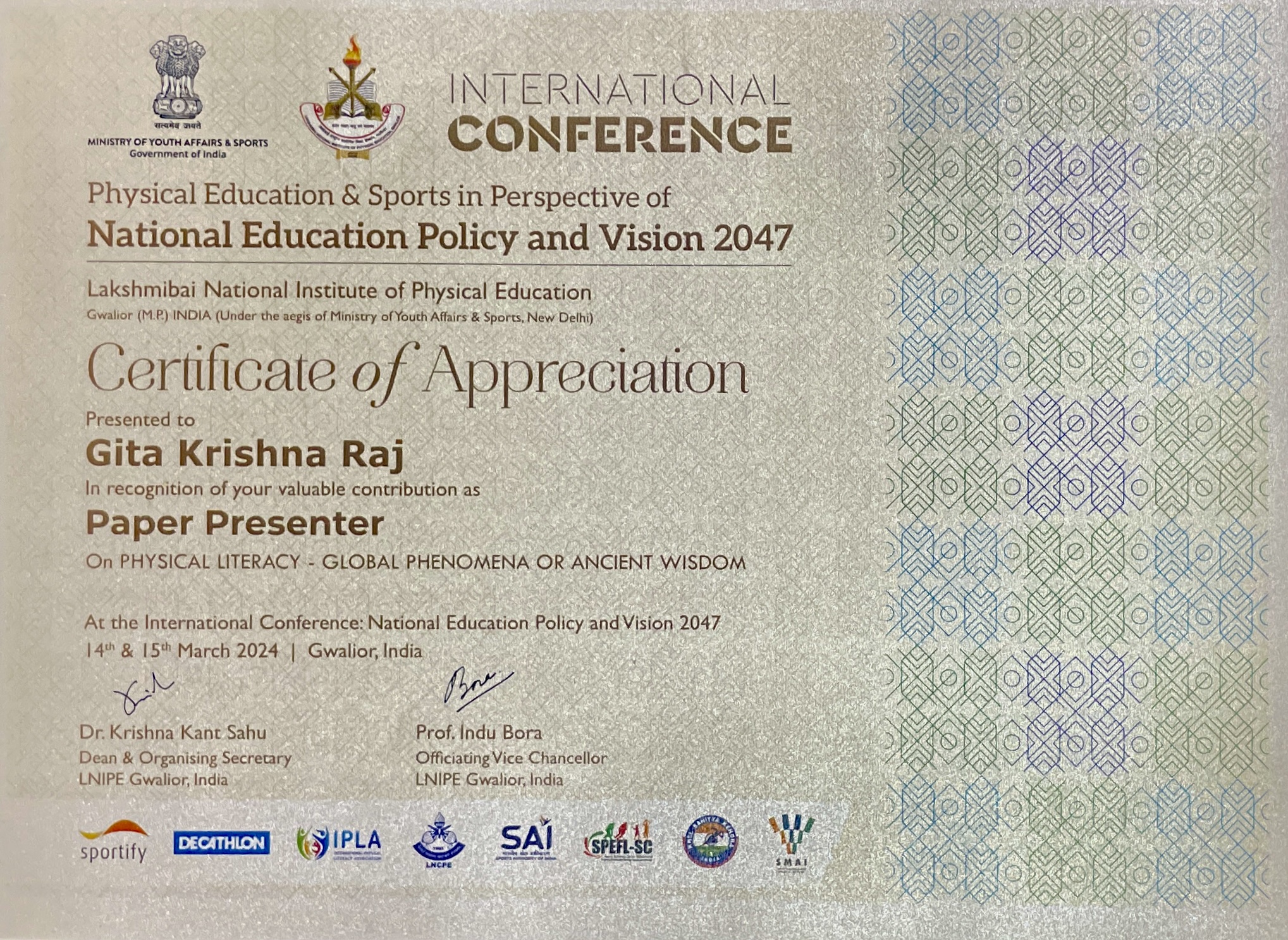Emphasising a holistic approach, physical literacy transcends mere physical prowess, integrating affective and cognitive dimensions. Dr. Margaret Whitehead’s pioneering work has propelled a shift from a narrow performance-centric model towards inclusive education, fostering a sense of accomplishment in every child’s unique journey. Despite global traction, implementation often veers towards superficial manifestations, centred mainly on sports and fitness, neglecting the essence of embodied learning.
Debates persist regarding whether physical education should focus on the body or learning through the body. While capacity-building remains crucial, embodied learning posits that true understanding emerges from engaging the body in new practices, necessitating an environment conducive to movement. In India, Maverick’s physical literacy informed curriculum in schools since 2014 stands as a beacon of physical literacy, integrating ancient wisdom with modern methodology. Spearheaded by Maverick and endorsed by the SPEFL-SC, this curriculum not only enhances physical capabilities but also instills a deeper reverence for the body as the vessel of life.
The National Education Policy 2020 calls for a holistic, multi-disciplinary approach to education incorporating Indian knowledge systems. The paper delves into the nuances of a culturally rooted physical literary approach to schools’ physical education program by drawing strength from ancient Indian texts of Ayurveda, Yoga and Natyasastra. The fusion of ancient Indian philosophy with contemporary physical education paradigms offers a promising framework for nurturing physical literacy in India. By embracing a holistic approach that honours the body’s intrinsic connection to life, physical education can transcend mere exercise, becoming a transformative journey towards lifelong well-being.
Click here to download a pdf copy of the published paper



